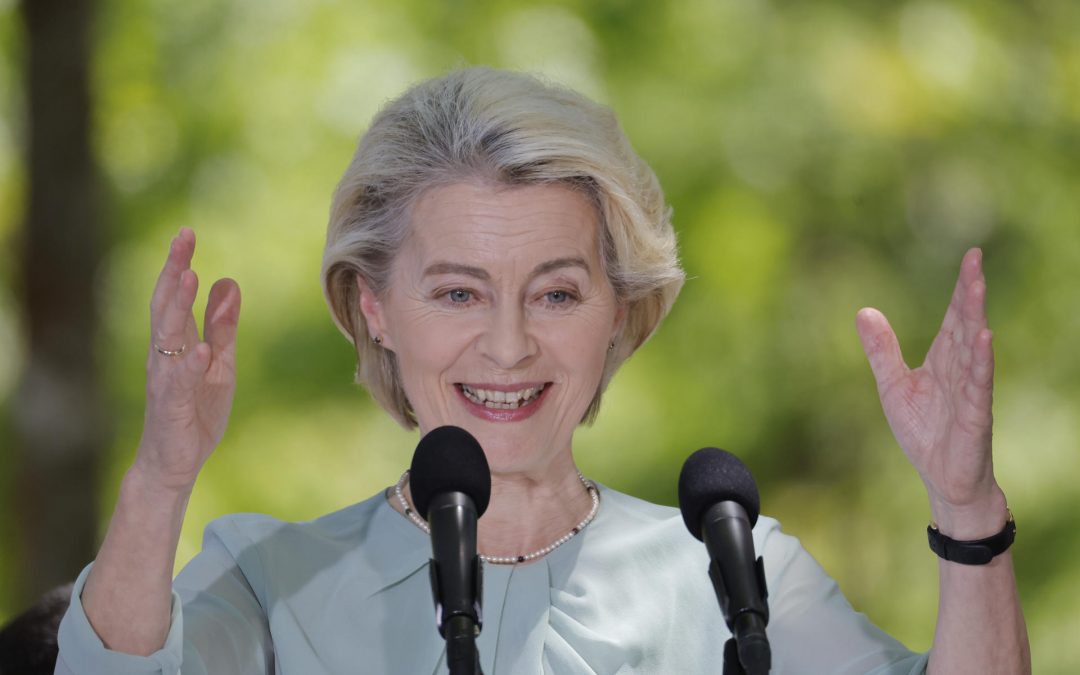Brussels – The Belgian government announced on Monday that the current Foreign Minister, Hadja Lahbib, will be its candidate for European Commissioner, so all EU countries have already sent their names to the President-elect, Ursula von der Leyen, who will now have to assemble her team and assign responsibilities.
Belgium has been the last country to appoint its candidate, three days later than the August 30 date that Von der Leyen had communicated to governments and after most countries had made their names public during August.
With von der Leyen and Estonia’s Kaja Kallas already proposed by the Council, the final tally shows that 17 countries have proposed male candidates, seven female candidates, and one, Bulgaria, has put forward a man and a woman for von der Leyen to choose from, as the German had initially requested.
Although countries are not required to propose two names, von der Leyen had aimed for her team to be gender-balanced and in recent weeks has been in contact with various governments to negotiate changes.
Romania, for example, announced on this very Monday that it was withdrawing the candidacy of Victor Negrescu to put Roxana Minzatu in his place.
As things stand, even if von der Leyen were to choose the Bulgarian female candidate over the male candidate, the new European Commission would have 17 men and 10 women, less gender-balanced than the 15 men and 12 women of her first mandate (2019-2024).
With all the names in hand, von der Leyen now has to distribute all the portfolios, both in terms of rank (vice-presidencies) and the topics for which each commissioner will be responsible, with areas like the economy, industry, and defense among the most coveted by the candidates.
Assigning higher-profile portfolios and vice-presidencies to female candidates may be one way to compensate for the numerical gender imbalance.
The European Parliament has invited von der Leyen to meet with the leaders of the political groups and the President of the institution on September 11 to present the final distribution of her team, although it is unclear whether she will make it public before or after that closed-door meeting.
Between late September and early October, all commissioners must pass individual hearings in the parliamentary committee that deals with their portfolio. It is common for at least one commissioner candidate not to pass this stage, where their conflicts of interest are also reviewed, forcing their home country to name an alternate candidate.
Once all receive the green light from their respective committees, the plenary session of the European Parliament votes on the entire European Commission, the final step before it can begin its new mandate.
Although the current Commission should conclude its functions on October 31, its work may be extended until the new executive is ready, as happened in 2019. (September 2)
 go to the original language article
go to the original language article
